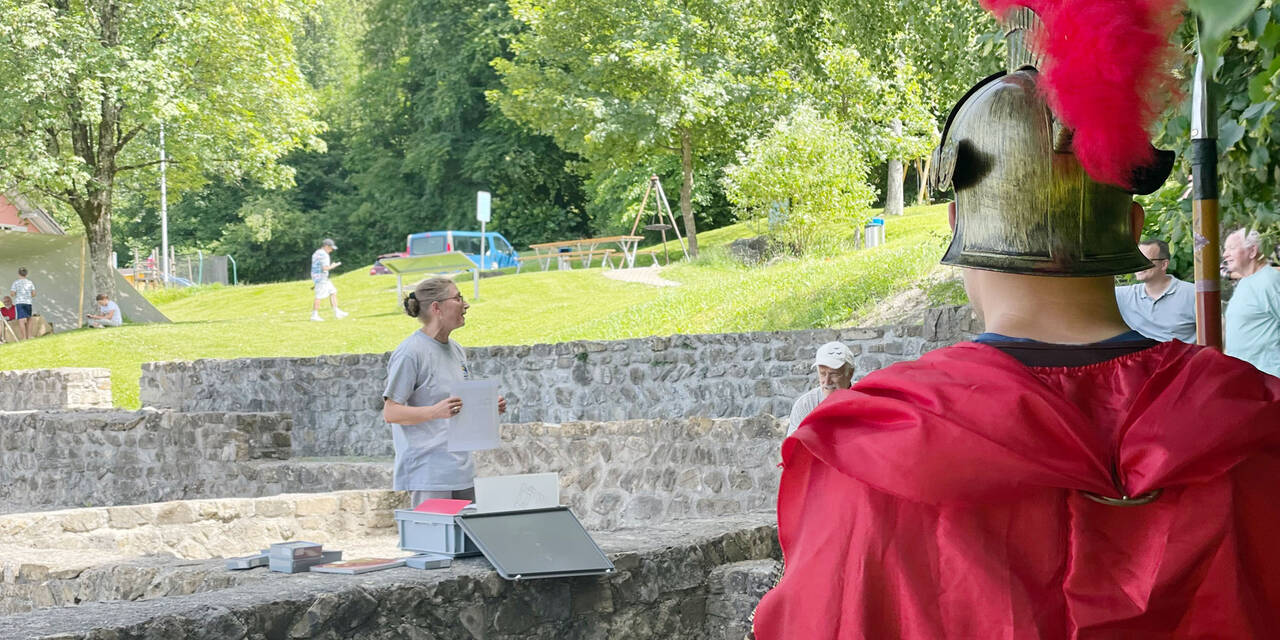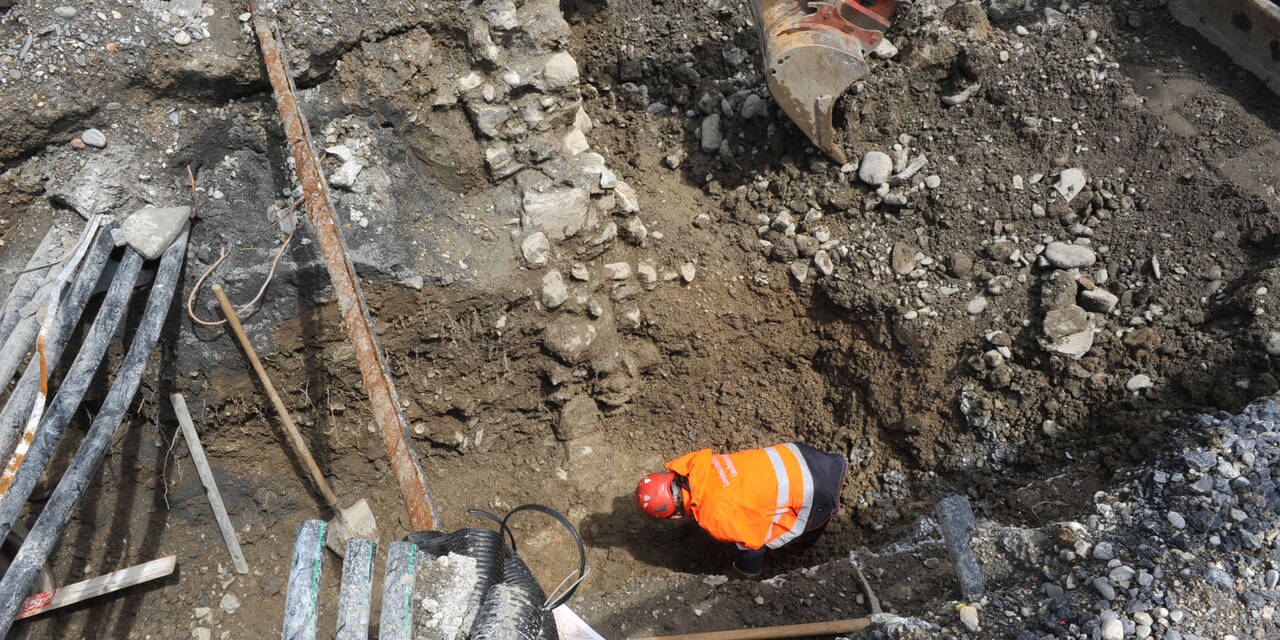Tasks
The preservation and management of the archaeological cultural heritage entails a wide range of tasks. The Archaeology Department therefore employs specialists in every area: beginning with construction-site supervision and excavations to conservation and the permanent storage of the finds as well as the information collected for future generations.
the archaeological heritage includes finds and findings from the Stone Age to the present day. In Liechtenstein, this represents 7000 years of settlement history. This unique heritage is acutely threatened by construction work, by agricultural and forestry activities, by erosion and by illegal excavations. If the "archive in the ground" cannot be preserved intact in place, an emergency excavation takes place.
Before construction projects begin, the necessary archaeological measures are discussed and coordinated with all parties involved. If joint planning is carried out at an early stage, archaeological action takes place without disturbing the timeframe of the actual project. Archaeological sites endangered by construction work are investigated and documented according to modern standards by means of prospecting, trial trenching and emergency excavations. All the information obtained in this process is recorded in a database and in the archaeological perimeter.
Immediately after their discovery, the finds are exposed to light and oxygen, which accelerates decomposition processes. In order to stop this, appropriate conservation measures must be taken quickly. Depending on the material and the state of preservation, the methods of treatment vary. Each step is systematically documented and recorded in the archaeological database. Particularly sensitive finds are recovered en bloc during excavation, together with the surrounding earth so they can be excavated later under ideal conditions in the laboratory.
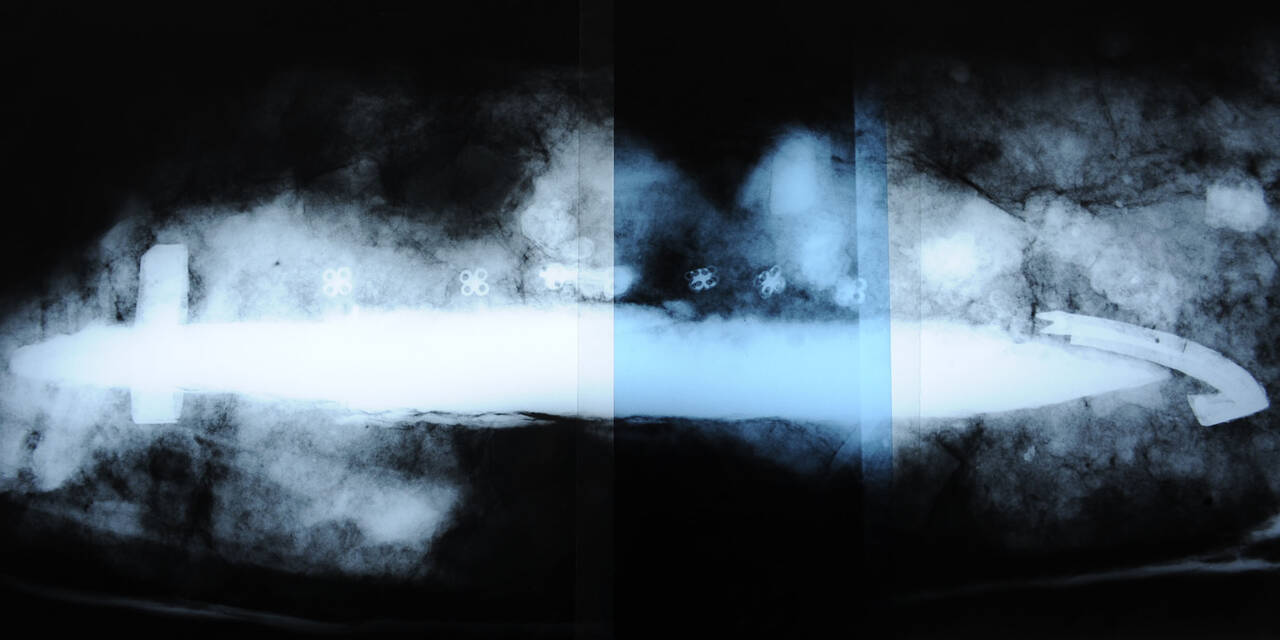
Anthropology, a term that includes the Greek word ánthropos for human, deals with the origins and diversity of humans. It is a research focus within the Department of Archaeology. Since 1879, excavations in Liechtenstein have revealed close to 2000 burials. The human skeletons from Liechtenstein document more than four thousand years of population history and provide answers to questions about diseases, burial customs, religion, social structures and demographic development.
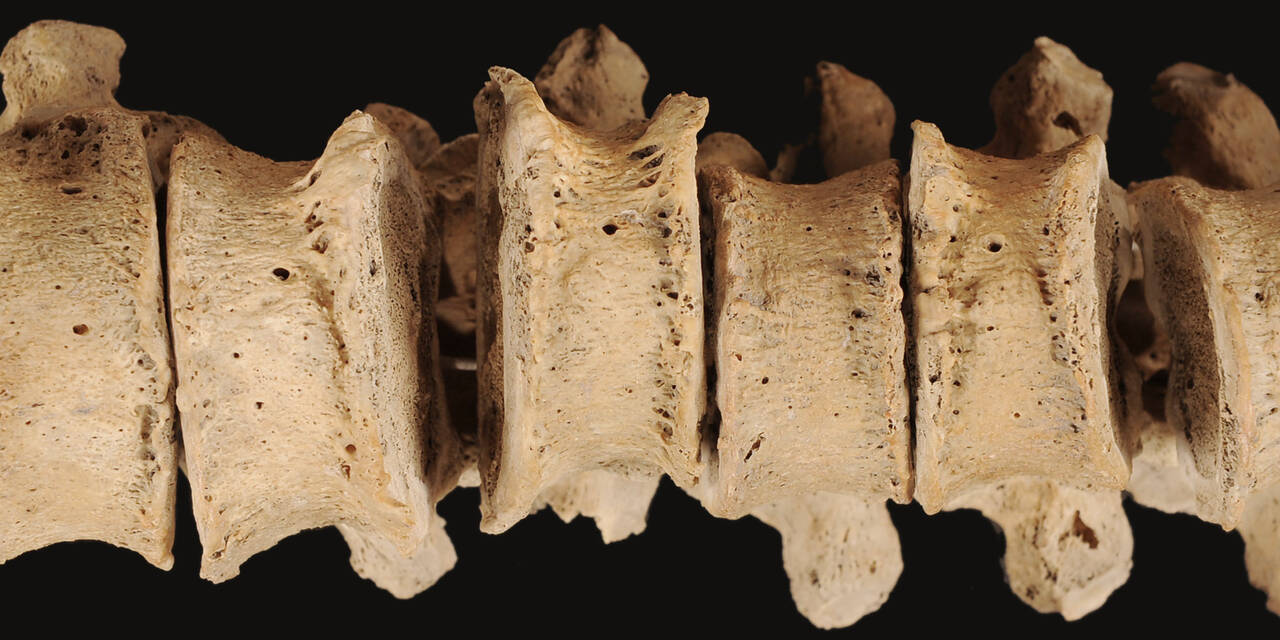
The care and maintenance of the archaeological collection represent an essential part of the legal mandate. Finds are professionally cleaned, labeled and archived. Individually packed in sturdy boxes, they are properly housed in climatically controlled and protected premises. At present, the depot contains around 350,000 objects. In addition, there are documents from excavations, pictorial material, plans and descriptions. All in all, the collection is a unique testimony to over 170 years of archaeological research in Liechtenstein.
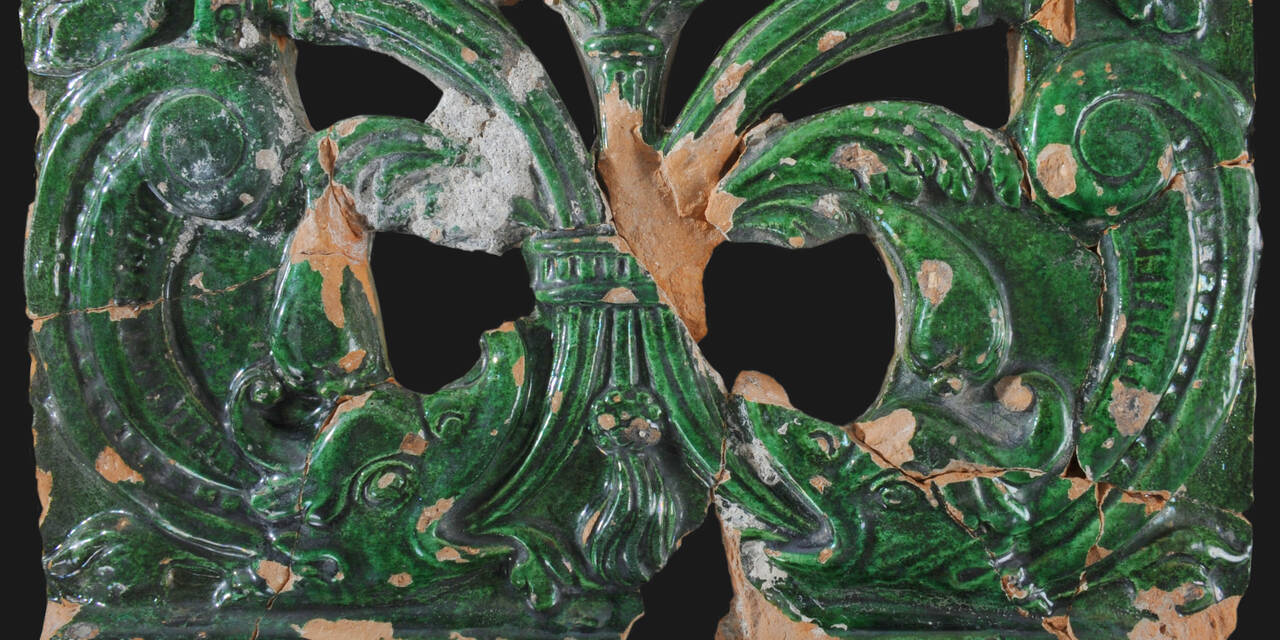
In addition to the task outlined above, international cooperation is pursued at various levels. Through publications, exhibitions, and tours or excursions, the research results are presented to the interested public and a broad professional audience.
